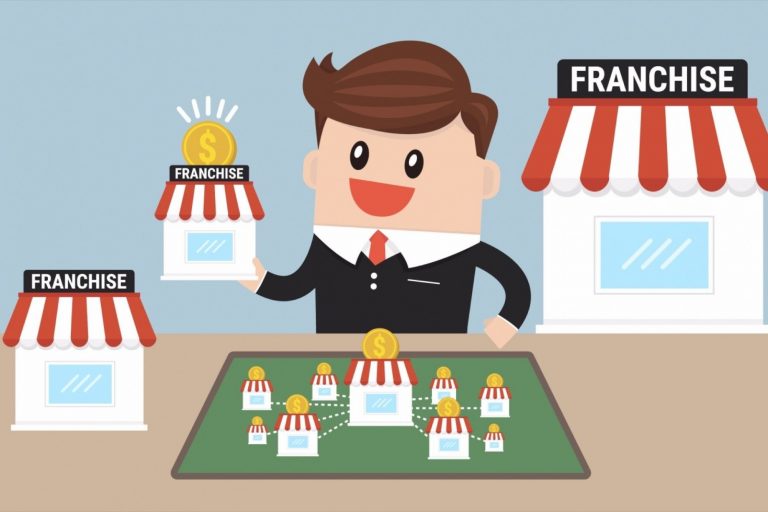Tax Requirements for Banquets and Catering
The tax requirements for banquets and catering services vary based on the tax laws and regulations in the specific jurisdiction where the services are provided. In many countries and regions, taxes are typically applicable to banquet and catering services. However, the specific types of taxes, rates, and rules can differ significantly from one location to another.
Common types of taxes that may be applicable to banquet and catering services include:
- Sales Tax: Many jurisdictions impose a sales tax on the goods and services sold, including catering and banquet services. Sales tax is usually a percentage of the total amount charged to the customer for the catering or banquet event.
- Value Added Tax (VAT): Some countries have a VAT system instead of a sales tax. VAT is also applied to the value added to goods and services at each stage of production and distribution, including catering and banquet services.
- Food and Beverage Tax: Some areas may have specific taxes on food and beverages, which can apply to catering services that include meals and drinks.
- Local Taxes: Certain municipalities or local authorities may have additional taxes or fees that apply to catering and banquet services.
It’s essential for businesses offering banquet and catering services to be fully aware of the tax laws and regulations in their area of operation. Compliance with tax requirements is critical to avoid penalties, ensure accurate financial reporting, and maintain a good reputation with customers and tax authorities.
To determine the specific tax requirements for banquet and catering services, it is advisable to consult with a qualified tax professional or local tax authority. They can provide up-to-date information on the applicable taxes, filing requirements, and any exemptions or deductions that may apply to the business’s specific situation.







